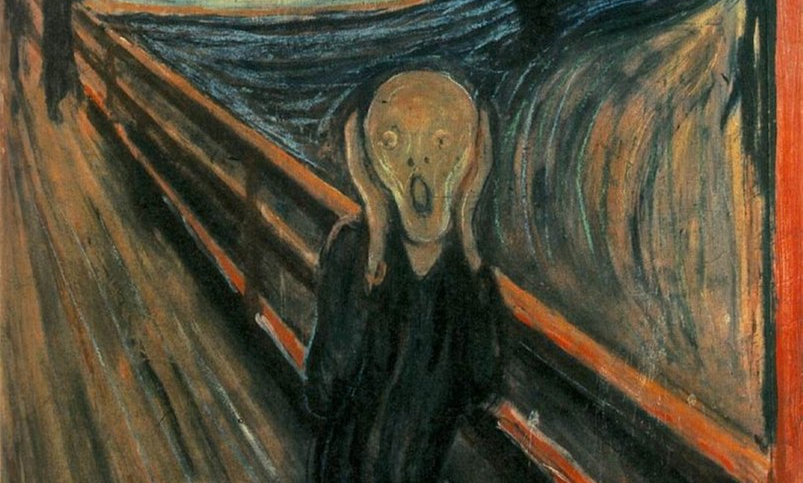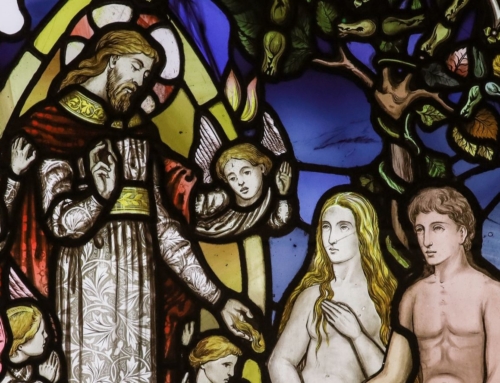What are we afraid of? Exams, physical harm, awkward social situations, the loss of loved ones. All of our fears refer to some upcoming difficulty which we can’t see a way out of. And many of our fears seem reasonable—who wouldn’t be afraid of failure or injury or embarrassment? But one of God’s most regular demands on his followers is that they not be afraid: “Fear not Abram! I am your shield” (Gen 15:1). Is God telling us that all fear is sinful? Is it possible to “fear not”?
Mary herself, born without sin, was anxious as she searched for Jesus (Lk 2:48). How should we understand this sinless fear? St. Thomas is helpful here. As a natural passion, fear in its general sense simply describes a movement away from an impending unpleasantness. And sometimes avoiding this bad thing is good and reasonable: “reason dictates that we should flee the evils that we cannot withstand, and the endurance of which profits us nothing” (ST II-II.125.1, reply to objection 3). Mary and Joseph’s anxiety in their search for Jesus arose because they quite rightly wished to avoid his being lost for one moment longer.
But the frequency of God’s demand to “fear not” shows just how often our fears lead us to reject the salvation that God is offering. For example, even after the Israelites had seen the many signs that God had worked against Egypt, they were so frightened by the sight of the pursuing Egyptians that they said, “What have you done to us, bringing us out of Egypt? . . . Far better for us to serve the Egyptians than to die in the wilderness” (Ex 14:11–12). St. Thomas explains what makes this type of fear sinful: “fear is a sin through being inordinate, that is to say, when one flees what, according to reason, he ought not to flee” (ST II-II.125.3). In other words, when we fear something to the point of trying to avoid a trial that we should endure and know that we can endure—for example, the attack of the Egyptians—we commit a sin.
So while not all fear is sinful, very few of us only fear those things that are reasonable to fear. We find ourselves caught in a web of fears that are more morally compromising. What should we do? God in his mercy asks us to transfer our fears from the temporal realm to the eternal realm: “Do not be afraid of those who kill the body but cannot kill the soul; rather be afraid of the one who can destroy both soul and body in Gehenna” (Matt 10:28). We are asked to fear God, which is a very different kind of fear. Fearing God transforms our fears from the kind of fear a child has of the monsters under his bed, to the kind of loving fear a child has for his father. This fear arises out of trust and respect rather than out of insecurity and superstition.
We often let our silly fears of things that can only harm the body and the ego weaken our trust in God’s benevolent plan. But God is working in our hearts to heal us from our empty fears, giving us a loving fear of our Father. Especially in the confessional, we can bring to God our lack of faith in Providence, our misplaced fears, our bonds of sin. Turning to his mercy, we can know beyond a doubt that he wants us to be “free to worship him without fear, holy and righteous in his sight, all the days of our life” (Lk 1:74–5).
✠
Image: Edvard Munch, The Scream







